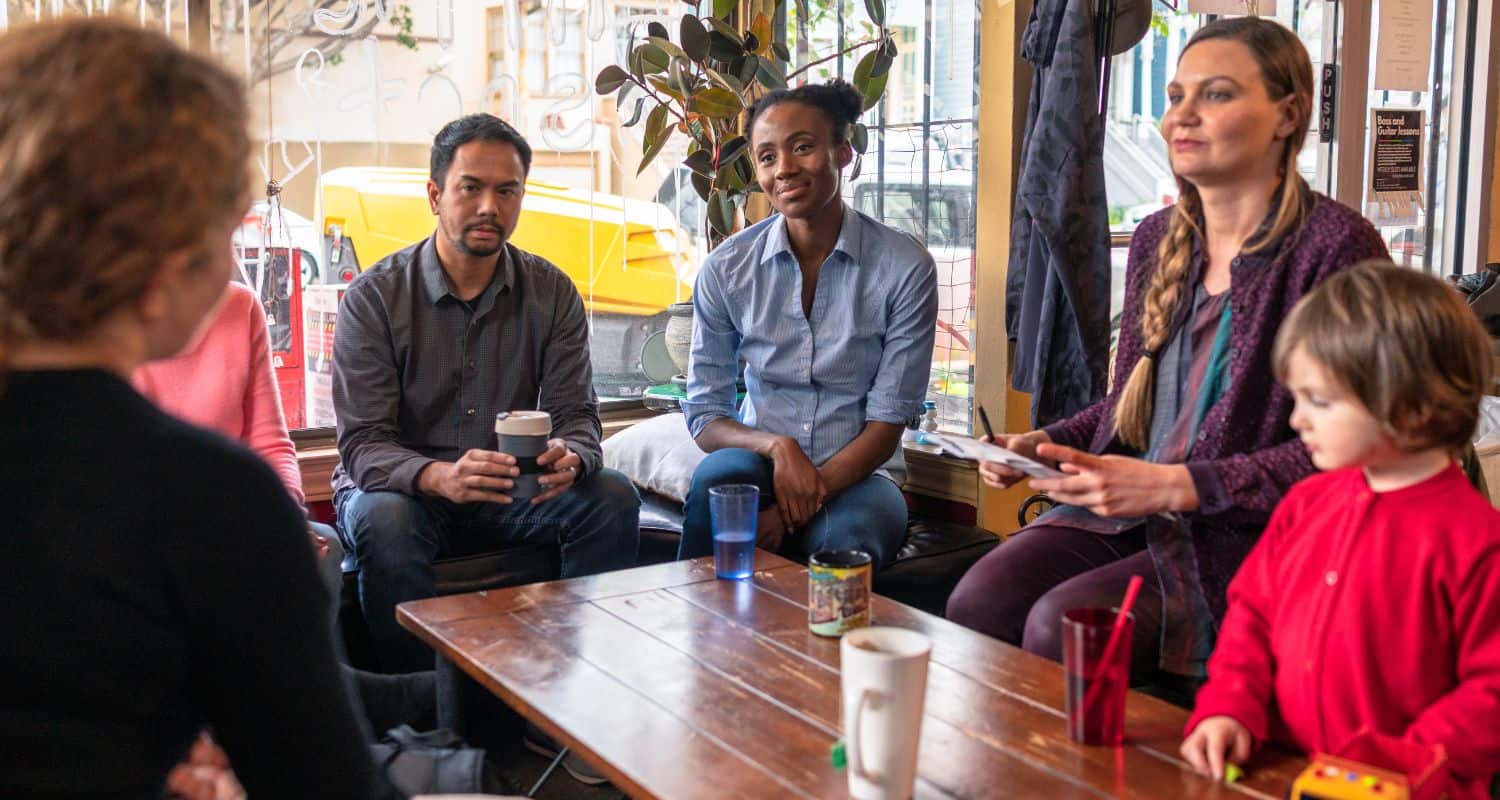
World Hearing Day is observed on March 3rd every year, a global awareness day that sheds light on the importance of ear and hearing care. This year’s theme is “Ear and hearing care for all,” emphasizing the importance of integrating ear and hearing care within primary healthcare. One of the central planks of this year’s theme is Tackling Ear and hearing problems at the community level. With over 430 million people worldwide living with hearing loss, it’s important to prioritize ear and hearing care as a community issue that affects everyone. In this article, we’ll discuss why integrating ear and hearing care within primary care is crucial and how community-based interventions can tackle hearing problems effectively.
Hearing Loss is a Public Health Concern
According to the World Health Organization (WHO), over 430 million people worldwide are living with hearing loss. This number is projected to rise to over 700 million by 2050. This increase in hearing loss is not just due to aging but also due to factors such as noise exposure and lifestyle choices. The impact of hearing loss on public health is significant, as it can lead to social isolation, depression, and cognitive decline. Therefore, hearing loss is a public health concern that must be addressed at the community level.
Hearing Loss Affects the Community
Hearing loss not only affects the individual but also has an impact on their loved ones and the wider community. When someone experiences hearing loss, they may become isolated from family and friends, leading to feelings of loneliness and depression. In addition, people with hearing loss may have difficulty communicating with others, which can lead to misunderstandings and misinterpretations. This can affect their relationships with others and their ability to participate in the community. Therefore, hearing loss must be seen as a community issue that affects everyone.
Addressing Hearing Loss at the Community Level
Addressing hearing loss at the community level requires a collaborative effort. There are several strategies that communities can use to address hearing loss:
Education and Awareness: Education and awareness programs can help increase knowledge about hearing loss and its impact on individuals and communities. These programs can also provide information on how to prevent hearing loss and how to support those with hearing loss.
Accessible Healthcare Services: Communities can provide accessible healthcare services, including hearing screenings and treatment options. Primary healthcare providers can play a significant role in screening for hearing loss and referring patients to specialists if necessary.
Advocacy and Policy Implementation: Advocacy efforts can help raise awareness of hearing loss and encourage policymakers to prioritize hearing health. Governments can also develop policies and regulations to protect people from excessive noise exposure and ensure that healthcare services for hearing loss are accessible and affordable.
Becoming an advocate for hearing loss treatment in your community
Becoming an advocate for hearing loss treatment in your community can help raise awareness and encourage action towards addressing hearing problems. Here are some ways you can become an advocate:
Share your Story: Share your personal experience with hearing loss and how it has impacted your life with your family, friends, and community members. By sharing your story, you can help others understand the impact of hearing loss and the importance of early detection and treatment.
Join a Support Group: Joining a support group for people with hearing loss can provide you with a platform to share your experiences and connect with others who are going through similar challenges. You can also learn more about hearing loss treatment options and advocacy efforts.
Volunteer: Volunteer with organizations that focus on hearing loss advocacy and community outreach. You can help organize educational and awareness campaigns, provide support to people with hearing loss, and participate in fundraising events.
Advocate for Policy Change: Contact your local policymakers and advocate for policies that support hearing health. You can also support organizations that advocate for policies that promote hearing health.
Participate in Events: Participate in events like World Hearing Day to raise awareness about the importance of hearing health. You can also organize events in your community to promote hearing health.
By becoming an advocate for hearing loss treatment in your community, you can help raise awareness about hearing problems, promote early detection and treatment, and improve access to hearing health services. Together, we can work towards creating a community that values and prioritizes hearing health for all.
